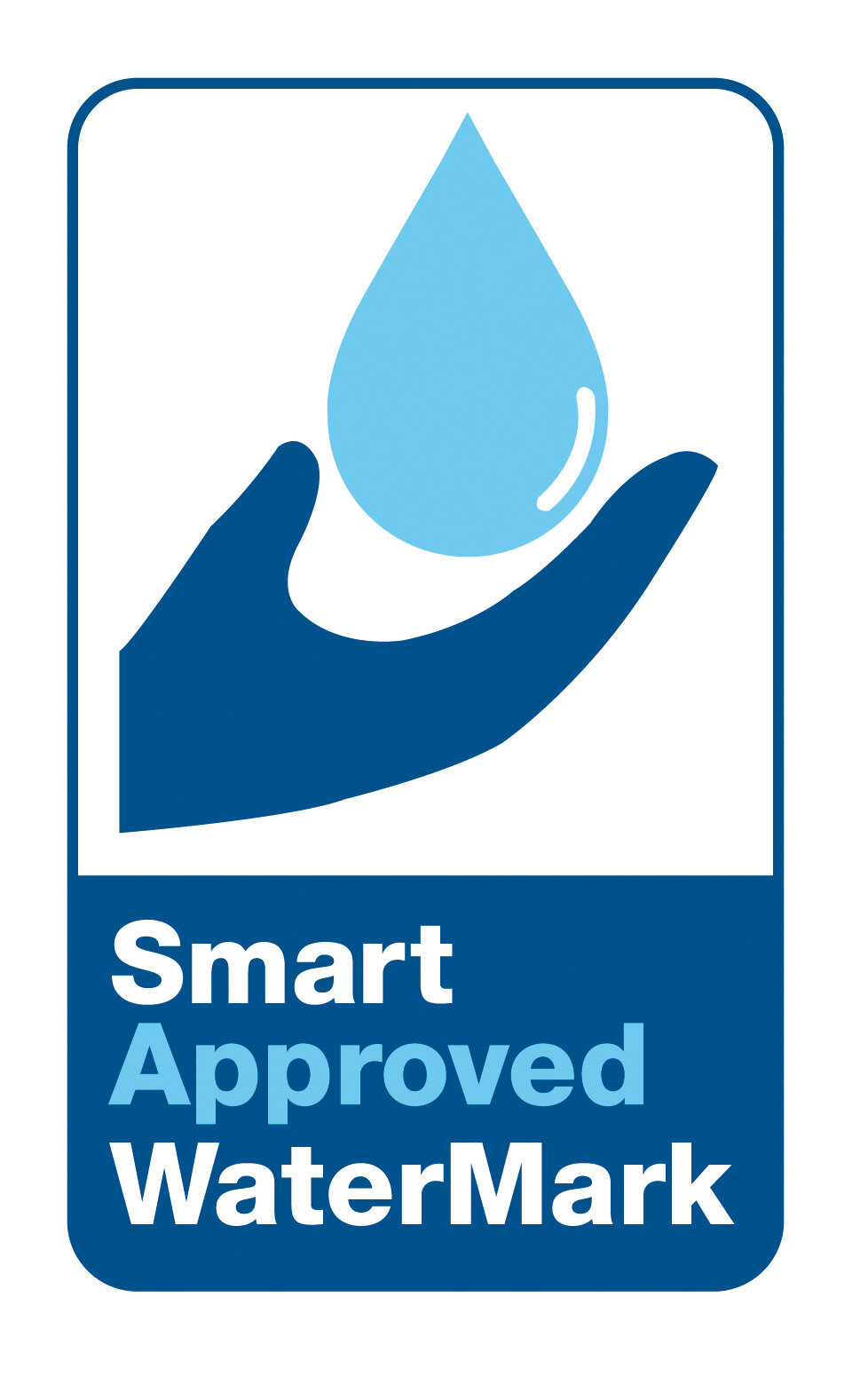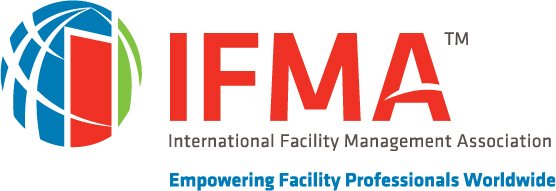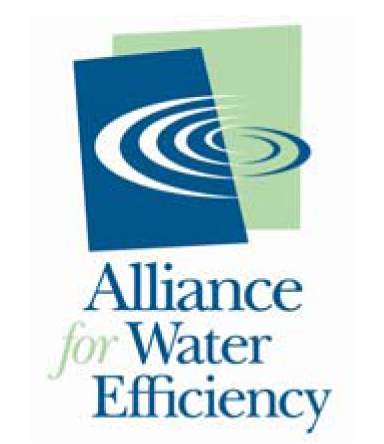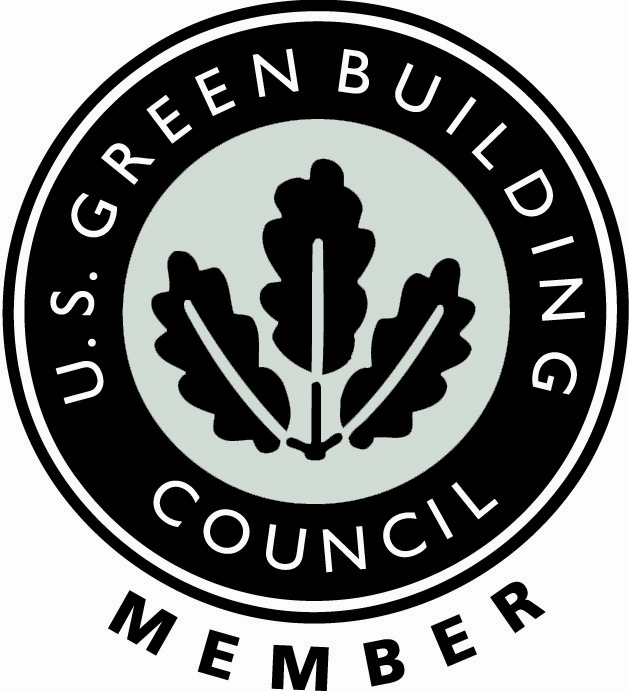Below are Seven Benefits of Reducing Water Consumption and Using Water More Efficiently
1. Guard against the rising costs of water. In 2020, the Guardian Newspaper reported, "Between 2010 and 2018, water bills rose by at least 27 percent [in the U.S.]. The highest increase was 154 percent in Austin, Texas, where the average annual bill rose from $566 in 2010 to $1,435 in 2018." Reducing water consumption can help us avoid paying more for water in the future.
2. Minimize the impact of water shortages. Water scarcity is a severe challenge for many businesses in South Texas, where high temperatures and drought conditions have reduced the water levels of major reservoirs. The outlook for the summer of 2024 in South Texas is grim, as hot temperatures are expected to persist. Businesses that have yet to implement water conservation measures or install water-efficient technologies may face greater difficulties in a drought than those that have taken proactive steps to reduce their water consumption.
3. Continue growing. Oakley, Utah, is a small town that faces a significant challenge: water scarcity. Due to the megadrought that has affected parts of the state, Oakley's water supply is not enough to meet the demands of its growing population. Once, the town welcomed new residents, but today, it has closed the door. All new construction projects have stopped until the water situation improves. This is also happening in Arizona, which has imposed similar restrictions to cope with drought conditions.
4. Promote sustainability and invite investors. Sustainability reports show, among other things, how businesses and organizations are minimizing their environmental impact. They are usually published in the first quarter of each year and cover topics such as energy and fuel consumption, waste reduction, and water efficiency. These reports are essential for investors and stakeholders who want to know – and invest in - organizations that manage their use of natural resources and reduce their exposure to price fluctuations, water shortages, and drought conditions.
5. Engage and attract employees. Younger workers are drawn to companies that practice sustainability initiatives. Taking steps to reduce water consumption is a visible and tangible way to prove that an organization promotes sustainability. Among the more tangible steps organizations take are installing highly efficient toilets, waterless urinals (that use no water), and faucet aerators. Taking such steps typically encourages workers to do their part and turn off taps, wait to run dishwashers until filled, and report leaking toilets.
6. Protect your local economy. Water is essential for business. We may face serious consequences if we don't use water responsibly and efficiently. In China, many rivers have disappeared in the past 20 years due to their being drained for economic development and poor water management. This has resulted in factory shutdowns and entire communities forced to shut down or ration what water is left. Don't let this happen to your community.
7. Grow Food. Agriculture consumes 70 percent of the fresh water in this country, but the growing population puts more pressure on the water supply. Many farmers are trying to save water by using better irrigation methods and growing less thirsty crops. However, these measures may only be enough if we all use water more wisely. The worst outcome could be a lack of food for us and the world. Let’s not let that happen.
Waterless Co., Inc. is a pioneer in water efficiency. We are:
The go-to company for reducing water consumption.
Understand the many benefits of waterless urinals.
Help you find ways to use water more efficiently.
For more information, contact a Waterless Co Specialist










